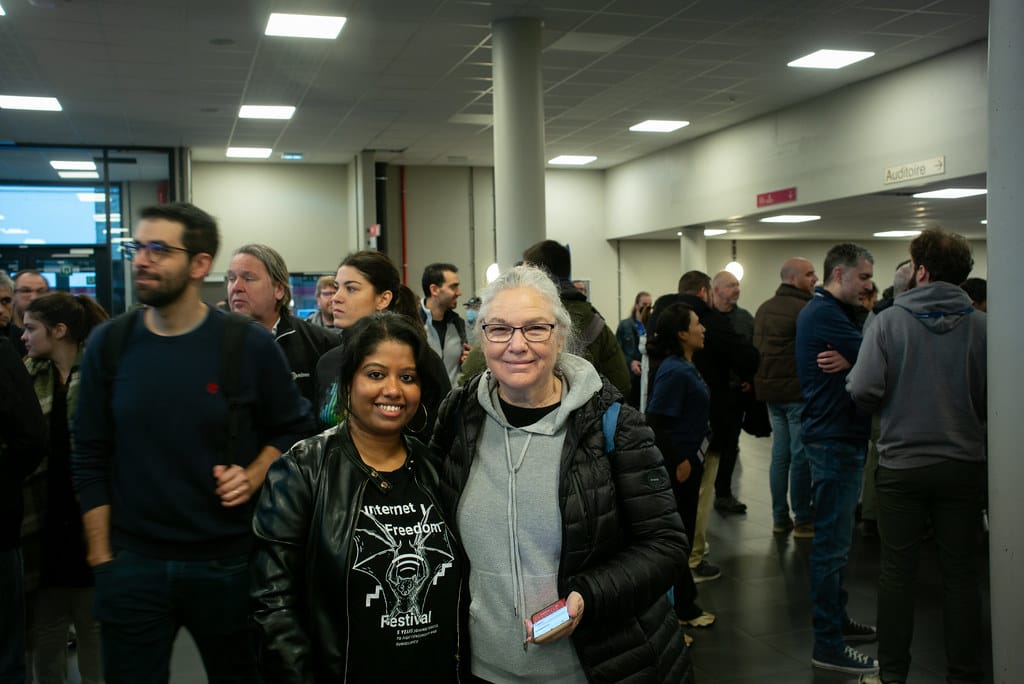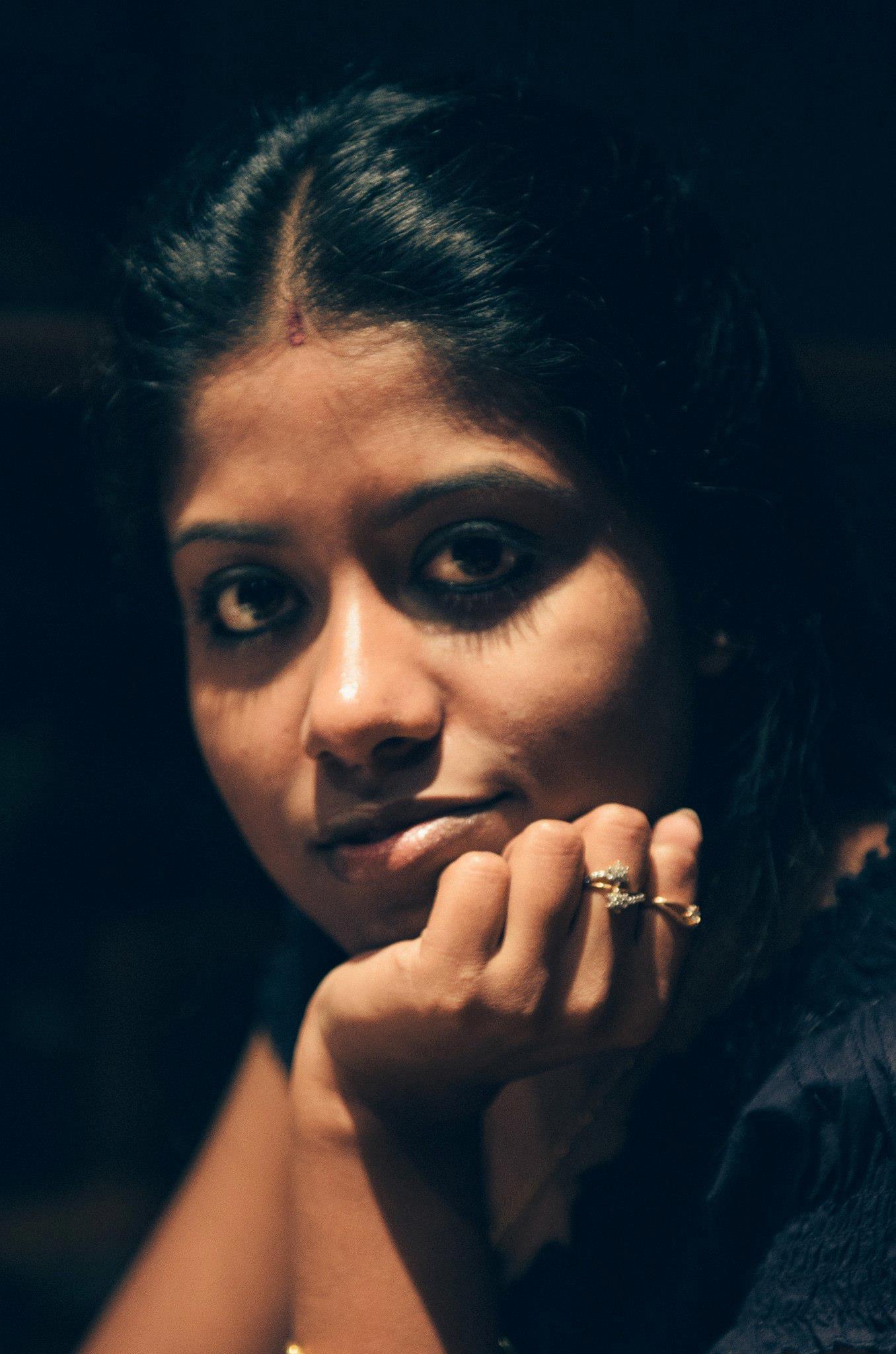"What, a technology conference has a legal and policy track! This is the conference for me to be in. " That was me in 2017. I dreamed of attending Fosdem but could not attend one (even though my talk was selected). 2024 marked my debutante year in Fosdm.
Fosdem == Friends
Conferences are always the place to meet, interact with people, make new friends, and meet old pals. I always prefer hallway tracks more than going to talks. Especially in the era where all the talks are getting recorded. Fosdem is no exception. I was attending a conference after some time, so it made it more special.
My adventure started two days before the conference by meeting saptaks after a year. It was the same as before, chatting about different technologies, communities, projects, and much more till midnight. The next day, I met Spot for lunch. I met him in 2019 for the first time after he started mentoring me. So we had a lot to catch up with. The Dinner was with Greg ,(whom I was meeting for the first time), Don , and the Red Hat OSPO team. Since I joined Red Hat (instead of before I joined), I have been curious about how our OSPO works. This is one of the primary teams that helps to keep the Red Hat culture and integrity" alive. I have followed Brian Proffitt's work since I joined the Open Source Software community. At the Dinner, I got to converse with him on various topics, starting from open-source communities, OSPO's different types and evolution of Fosdem and communities over the years, and Red Hat past, present, and future. It was fascinating and enlightening.
Conference Days == booth duty
Day 0 started early. We needed to reach early to set up the Ansible booth. Our super organizer Carol could not arrive during the booth set up due to a workers' strike in her hometown. Greg and Don already did the initial setup before I reached out. We tried to manage the booth in her absence. We were sharing the booth with Foreman . Carol reached before afternoon and took charge, and everything was smooth (as ever). How does she make it seem easy every time? People think organizing events and managing booth duties is always fun and easy, but it is a lot of planning and detailed work. And every time I see her doing planning, chalking out every single detail within the organization, community, organizing committee, and with the sponsors, I am in awe. Andrei and Rick also joined us in the booth. It was great to point the users to the respective upstream authors whenever there was a question regarding the collections or AWX :).
It was the first time I got to meet David and Felix.
I have learned so much from them regarding the different parts of the project, especially the release process. This was the highlight of my Fosdem.
Booth duty is something I enjoy. It is always wonderful to talk to your users and contributors. It is our chance to say "thank you" to them. However, managing the Ansible booth was strikingly different from managing booths for other projects. The attendees who visited our booth can broadly be grouped into the following three categories :
- People who do not know about Ansible/ or are new in their Ansible journey
- Users who use it extensively (in their day job, open source community project)
- Contributors
Each of the section of people, given their varied interests and experience, asked questions which can roughly divided into the following :
- What is Ansible? What does it do?
- How is Ansible similar to projects A, B, or C?
- How can we contribute?
- How can we talk to the upstream?
- I have
xquestions. Where can I get help?
These are not unique. But different sets come here. Mostly, the people came with saying, "Thank you for Ansible," "We love your project," "I use Ansible every day for x period, and it makes my life so easy," or "We like the new Ansible Forum, it makes our life so easy. " The next most common set was "We need this "y" feature; it will help our project. I will work on this." "I think our project needs this, I will work on this." and "We need to fix this, I need to work on this." This is where the difference comes in.
A. Our users seem (actually proved) happy and satisfied with the project.
B. We have an excellent contributor base that is loyal to the project. They do not only look for issues but also offer and take responsibility for the solution.
We did not have much criticism or feature requests, which is rare per my experience in booth duties. It clears up two aspects for Ansible,
the first one is that people trust our project and find it dependable.
Second, our project solves and takes care of the imminent issues around the part of infrastructure that.....
The fan-girl moments

Conferences allow me to meet all the upstream authors of the projects I use daily, people I admire and aspire to follow their career paths. And Fosdem gives you plenty of such opportunities. Deborah Bryant, Nithya Ruff, Brian Proffitt, Jan Wildeboer, Rich Bown, Zaheda Bhorat. The conference becomes more magical when you get the 'you worth it' ... feeling from them. Be it having one-on-one conversations regarding open-source communities and business policies with Nitya. Or when Deb telling people, 'Hey, you Red Hatters, I wanted to hire her, but you got her before me.' These are the moments for which I get up each time I fail.
Thank you, Fosdem. Thank Open Source. Long Live community.
